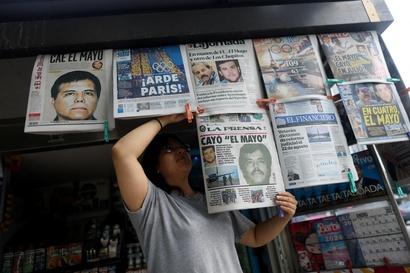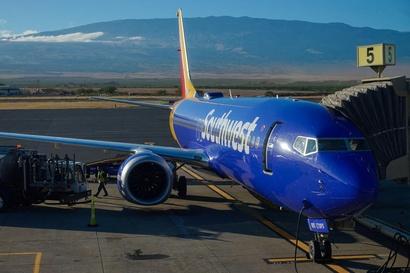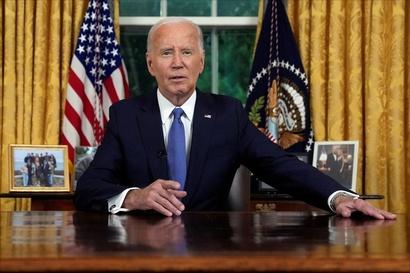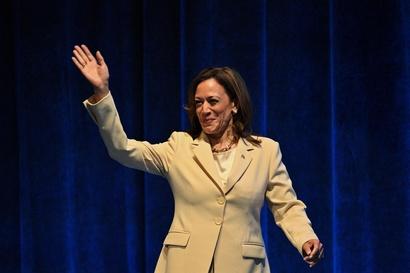Watch Clip

Little Haiti exhibit documents battle with climate change
5m 53s
A vibrant immigrant neighborhood is facing change and disruption amid a phenomenon known as “climate gentrification.” An exhibition in Miami is documenting Little Haiti's resilience. Jeffrey Brown visited for our arts and culture series, CANVAS.





























